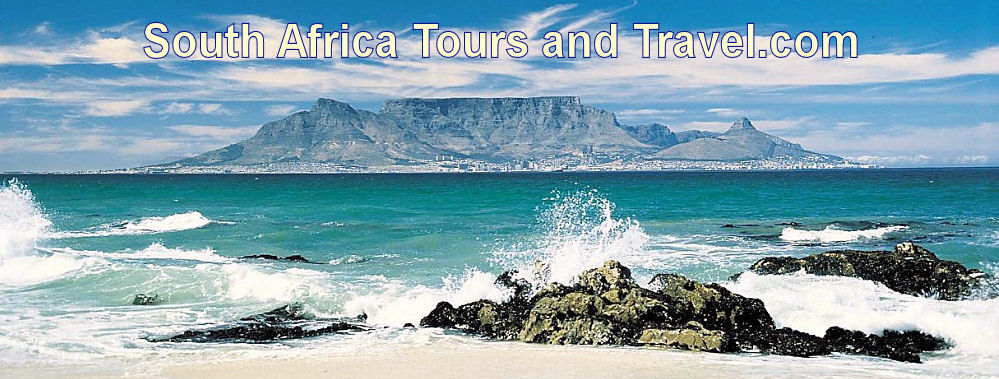Literature in South Africa
from a rainbow diversity of cultures.
The most famous piece of literature in South
Africa is without any doubt "The Long Walk to Freedom" by none other than Nelson Mandela himself.
South Africa has a very much alive and rich story telling tradition that has stood the test of
time.
Its modern story tellers, men and women of all races, have produced and continue to produce an
extraordinary rich and varied literary output in all 11 official languages, using the written word
as their form of expression.
Looking at the diverse cultures and languages diversity in South Africa, each with its own
literature background, one can not really speak of one South African literature. The culture that
maybe could claim some form of national literature is the Afrikaans one.
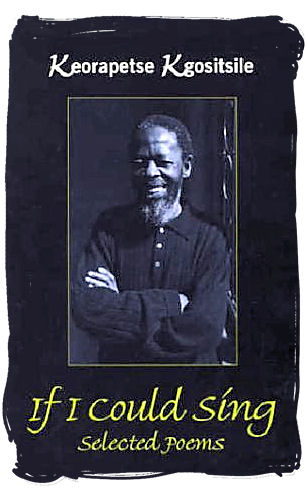
Keorapetse William Kgositsile, poet and political activist - Literature in South Africa
South Africa’s English literature on the other hand, is often seen within the context and as a sort of extension of English literature in the world as a whole. Most of the major works in Afrikaans have found their way into English translation.
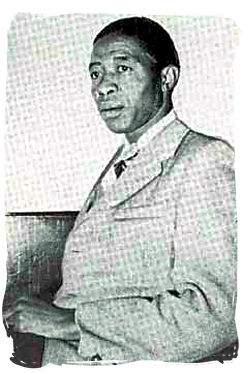
HIE Dhlomo, who wrote the poem “The Valley of a Thousand Hills“ in 1941 - South African Literature
source: South African tourism
Black literature in South Africa, as with anywhere on the continent, began with the oral tradition, augmented by song, which has always been a powerful tool of community fellowship and communication in Africa. Literary expression by the various black cultures has traditionally been hampered by widespread illiteracy, censorship and political inequalities.
Apart from that they had very limited access to the print media. It was not until the 20th century that literature by black South Africans emerged. However, for the sake of a broader reach most black writers of consequence have tended to write in English.
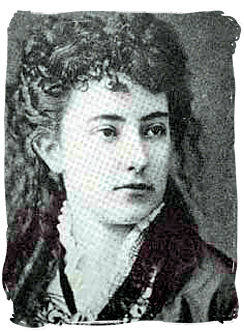
Olive Schreiner, writer of the novel “The Story of an African Farm” in 1883 - Literature in South Africa
source: South African tourism
One of the first towering figures in South African literature was Olive Schreiner. She wrote the novel “The story of an African farm”, which is generally considered to be the founding text of South African literature. It tells the story of several characters representing aspects of South African society of its day.
Olive Schreiner was born on a mission station and worked as a governess on isolated Karoo farms, an experience that formed the novel. She later supported the Boers in their war of freedom against Britain.
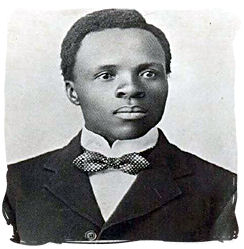
Solomon "Sol" Plaatje was the first black South African to write a novel - Literature in South Africa
source: South African tourism
The first novel by a black South African was Mhudi (completed in 1920 but only published in 1930), by Solomon (Sol) Thekiso Plaatje. This epic story follows the trajectory of the Tswana people during and after their military encounter with the Zulus under Shaka, the Zulu conqueror of the 19th century and encompasses their earliest encounters with the white people moving into the interior.
Viewed as the founding father of black literature in South Africa, Plaatje was also the first secretary general of the then South African Native National Congress (now the African National Congress) at its foundation in 1912.
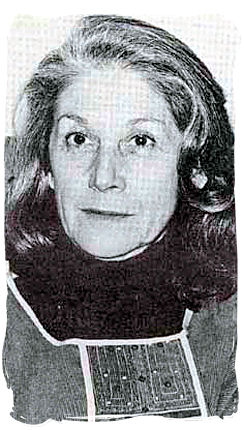
Nadine Gordimer who was awarded the Nobel Prize for Literature in 1991 - Literature in South Africa
source: South African tourism
Then there was Nadine Gordimer published her first short stories in the early 1950s. She was the first South African to receive the Nobel Prize for Literature in 1991. Between those two dates, her many novels and short stories articulated key issues for white South Africans sympathetic to the plight of disenfranchised blacks.
Next to that her work showed the outside world a devastating picture of what it was like to live under apartheid. Another important South African Novelist was J.M. Coetzee, who received the Nobel Prize for Literature in 2003.
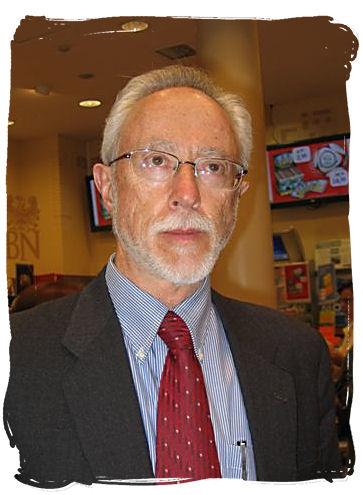
J.M. Coetzee, one of South Africa's most lauded writers, who won the Nobel Prize for literature in 2003 - South African Literature
A loose grouping of Afrikaans writers of the 1960s, calling itself “Die Sestigers” (The Sixtiers), was formed out of a core of influential novelists, commentators and poets, including well-known writers such as Jan Rabie, Etienne Leroux, Breyten Breytenbach and Andre Brink.
Publishing first in Afrikaans and later also in English, these writers were increasingly politicised by the situation in South Africa and their contrasting experiences overseas. Breytenbach, left South Africa in 1960. When he returned to South Africa in 1970, he was arrested and jailed for work he was doing for the liberation movement.
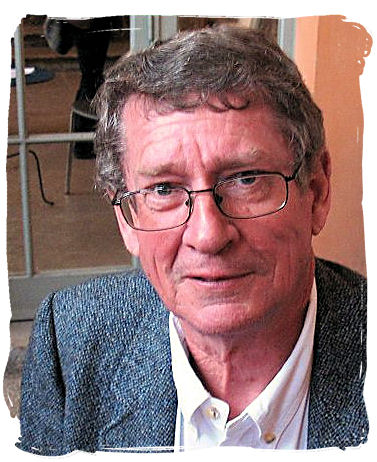
Andre Brink, whose novels became the first Afrikaans works to be banned by the apartheid government - Literature in South Africa
After Apartheid there certainly has been no sudden post-apartheid renaissance. The primary topics of most of the writers such as apartheid and racial issues did not suddenly change. Well, apartheid may have died, but its effects linger on and the issues of power that haunted the apartheid era are still in many ways with us.
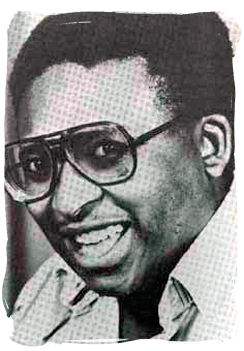
Zakes Mda worked for many years as a playwright and poet before publishing his first novels in 1995 - Literature in South Africa
source: South African tourism
Many writers dealing with South Africa today are still focussing on the legacy of its past in their writings, looking for answers to challenging questions such as what it is like to be a South African, what it is like to live in a new South Africa.
<<< Return to the Top of this Page
Return from the Literature in South Africa page to the Culture in South Africa page
Return from the Literature in South Africa page to South Africa home page
